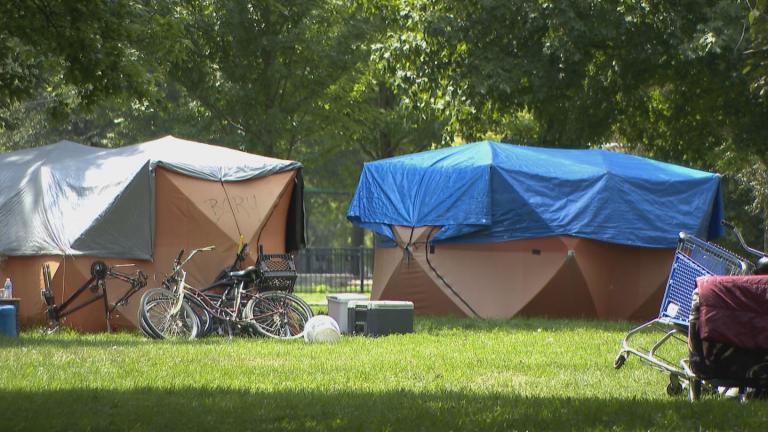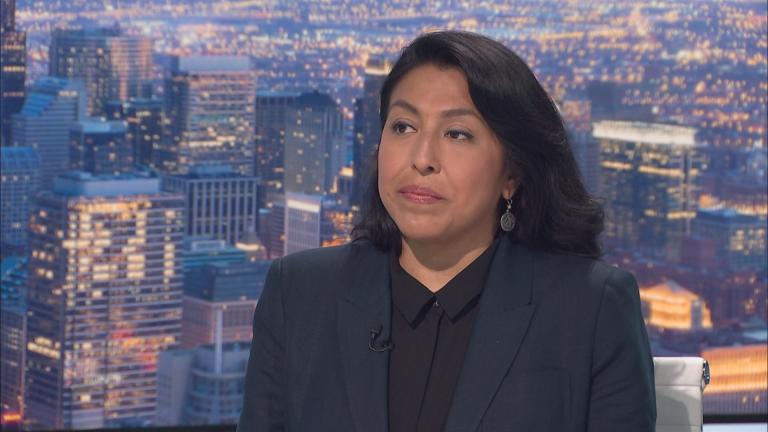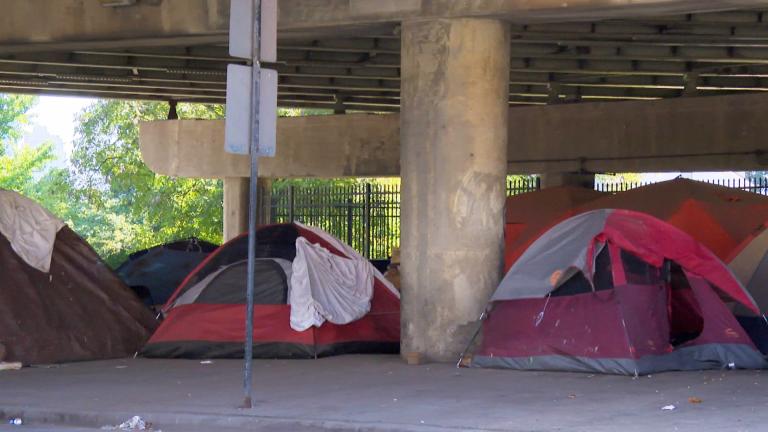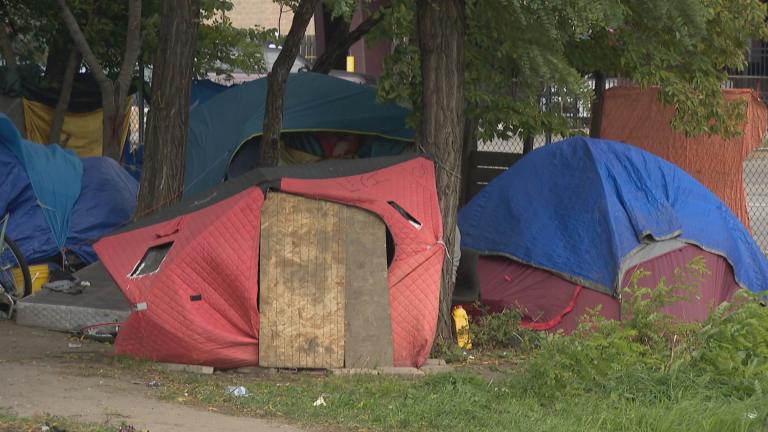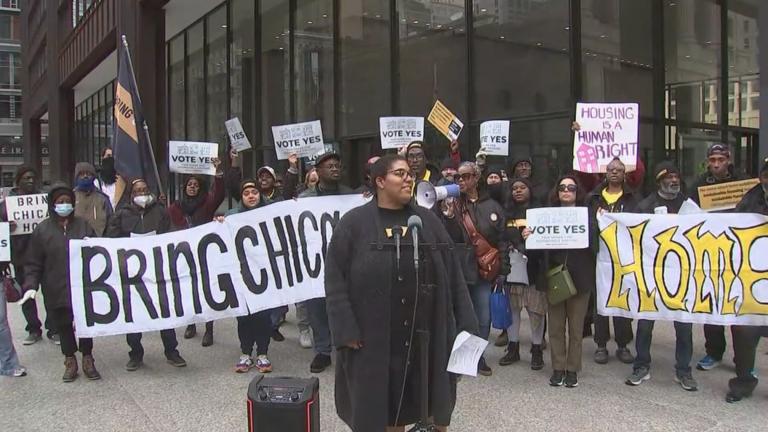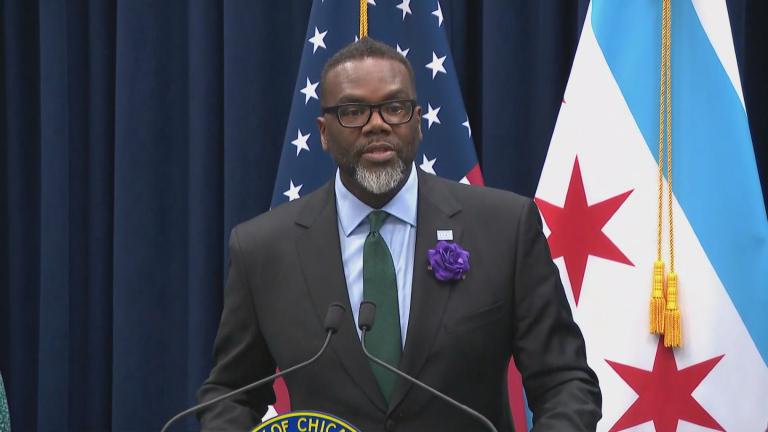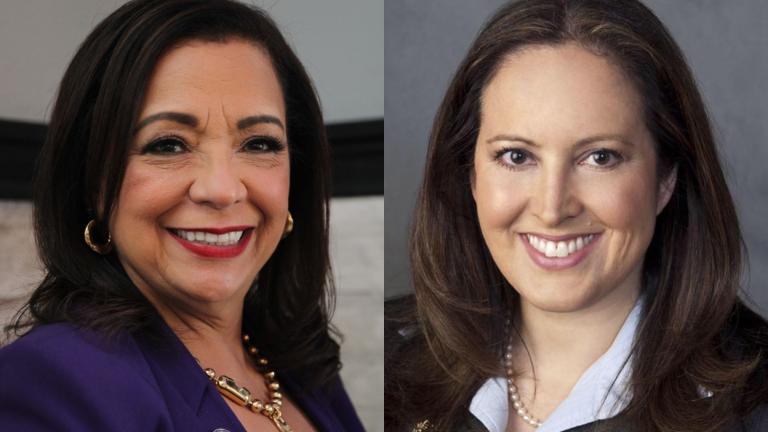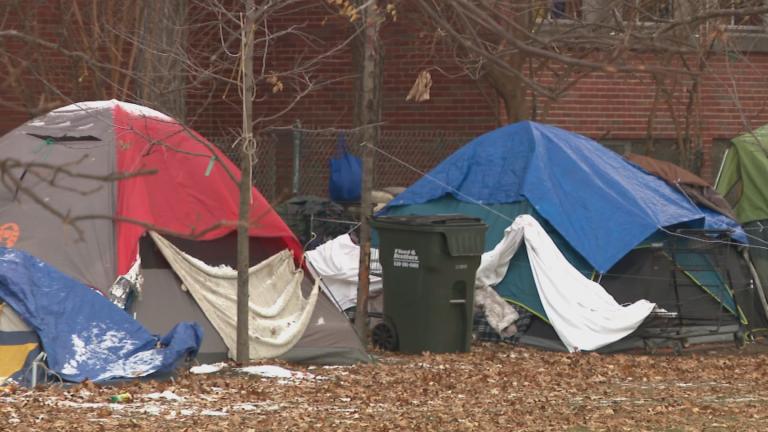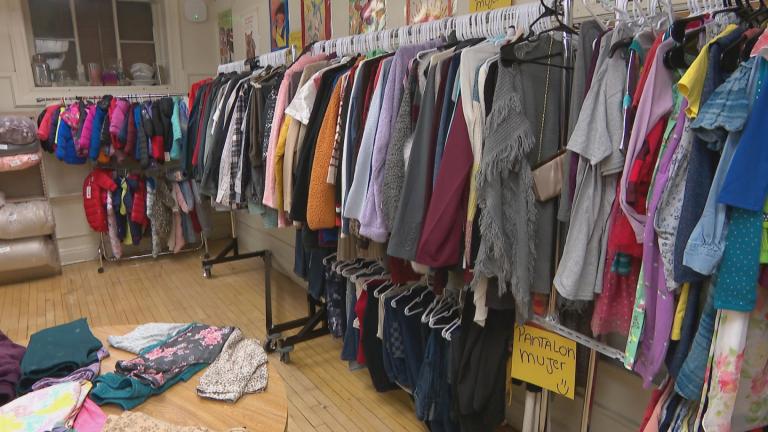“We aren’t rising to the occasion,” said Doug Schenkelberg, executive director of the Chicago Coalition for the Homeless. He called the survey results “disheartening but not surprising.”
Homelessness
Chicago native Sendy L. Soto became the city’s first chief homelessness officer. Part of her new role will be to devise a five-year plan to end homelessness.
A new study found that Black Americans are four times more likely to experience homelessness than their White counterparts. But in Illinois the situation is even worse, researchers found, with Black residents eight times more likely to become homeless at some point in their lives.
“Our approach understands that homelessness is not an issue of personal failing, but of historical discrimination and structural barriers that have driven inequality for Black families across the nation, and of course, right here in Illinois,” Gov. J.B. Pritzker said Thursday.
After 12,634 mail-in ballots were counted by Chicago election officials late Friday, the results were essentially unchanged. Approximately 53% of voters rejected Ballot Question No. 1, better known as Bring Chicago Home, according to unofficial totals.
The ballot measure would give Chicago City Council the power to hike the Real Estate Transfer Tax on property sales over $1 million to help fight homelessness. The close race could point to some disagreement among Chicagoans over how to support the city’s unhoused.
“No one said it was going to be easy,” Mayor Brandon Johnson said. “I’m very much committed. The fight still goes on. We’re going to keep organizing.”
The last time Chicago voters passed a binding referendum that applied to the entire city was 1885, when they voted to create the Chicago Board of Election Commissioners, according to city records.
While the office of circuit court clerk might not be as well-known as other county offices up for grabs Tuesday, it is a powerful perch. The clerk controls more than 1,400 jobs and handles everything from evictions to traffic tickets to child support.
The question asks Chicago voters to decide if they support an increase of the real estate transfer tax on property sales over $1 million. The additional revenue would be used on programs to fight homelessness.
With three of the seven justices abstaining, the state’s highest court rejected an appeal from a coalition of real estate and development groups that sued the Chicago Board of Election Commissioners to knock the ballot measure off Tuesday’s ballot.
A coalition of the real estate and development groups asked the Illinois Supreme Court to reverse an appellate court ruling that overturned a decision by Cook County Judge Kathleen Burke that blocked the Chicago Board of Elections from counting votes for and against the proposal, known as Bring Chicago Home.
A three-judge panel of the 1st District Appellate Court unanimously overturned the Feb. 23 decision by a Cook County judge that invalidated the binding ballot question known as Bring Chicago Home. The ruling could still be appealed to the Illinois Supreme Court.
The free shop is located inside a Chicago Public Schools Parent University, which offers classes and workshops on topics like financial literacy, career development and more.
“Chicago Tonight: Latino Voices” host Joanna Hernandez spoke to those working directly with Chicago’s unhoused population to understand what work is being done, the barriers to finding help and some possible solutions.
The proposal known as Bring Chicago Home will remain on the ballot, but the results will not be tallied and reported unless the judge’s decision is overturned by a state appeals court.

